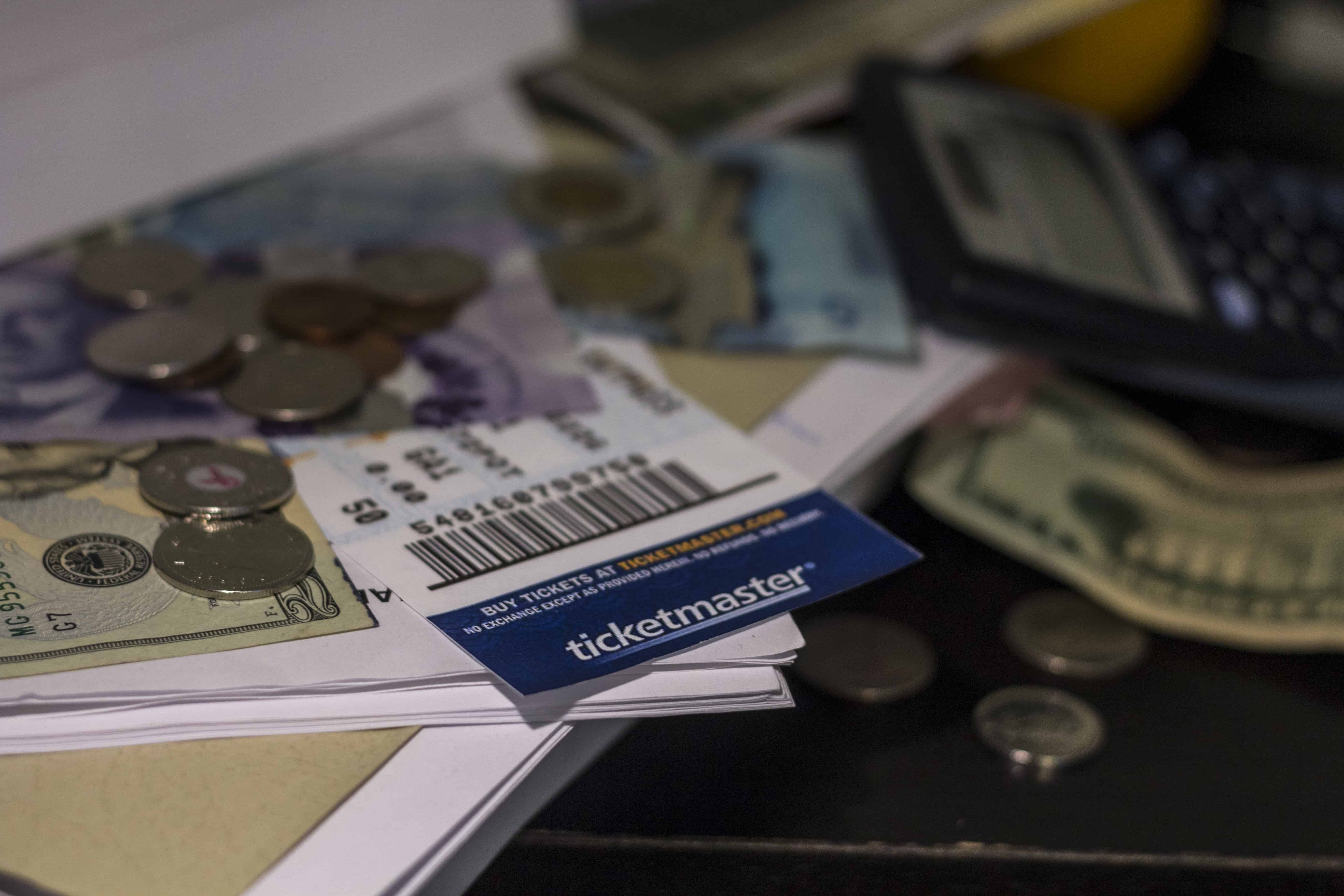Anyone who has bought — or at least attempted to buy — tickets to music events recently has likely experienced the frustration of dealing with online ticket scalpers. Regardless of how long one waits or how one chooses to buy tickets, a common occurrence is to lose out to computer algorithms operated by scalpers, who instantaneously sell out shows and sell back tickets at far greater prices than they are initially worth.
Consequently, with the exception of a very small group of fortunate people, those who want to buy tickets to the show are forced to agree to the scalper’s prices, which are often absurdly high. Tickets for Adele’s 2016 concert in Toronto, for example, skyrocketed from an original price of $70 to around $9,000 on StubHub. Ticket prices for The Tragically Hip and the Red Hot Chili Peppers concerts this year also experienced significant inflation.
Clearly, this has become a multi-faceted problem. For most, resold tickets simply become altogether unaffordable. This has turned large-scale concerts that should primarily be celebrations of fans into rewards for the highest bidders. The artists and venues themselves are also affected, as they lose the ability to choose their own prices.
Though scalping has always been a problem, it only became a major problem last July due to changes in the Ticket Speculation Act by the Ontario government. The regulation, which originally would issue up to $5,000 in fines for reselling tickets at increased prices, was amended to make ticket scalping legal in Ontario.
According to the Office of the Attorney General, the change was put in place as a means to protect the consumer. Simply put, a ban on ticket scalping would drive consumers to the black market for high-priced and often-forged tickets. Instead, as reported by the Toronto Star, “Consumers could go to legal, legitimate resellers who could provide assurance that the ticket they bought could get them in the door.”
However, the government’s argument underestimates the degree of difference between authorized and illegal ticket resales. If ticket scalping was banned, the black market would continue to exist, but perhaps it would not flourish to the extent that it does now. Yet, in the case of legal ticket scalping, the black market has become close to the only option for consumers who want to see highly sought-after shows, and this is happening on a very large scale. A recent study published by the New York Attorney General’s office called ticketing a “fixed game” — scalpers and industry officers, through the use of bots, can siphon off as much as over half of the tickets from the general public to be resold.
Without regulation, the problem persists by nature of the market. Tickets can be sold at $9,000 a piece because somebody is willing to buy at that price; so goes the principle of supply and demand.
However, this is not a truly fair or free system under which scalping operates. Online resellers, such as StubHub, TicketMaster, and LiveNation, have been given an unfair advantage over the general public through favouritism and algorithms. Further, scalping takes proceeds of ticket sales away from the artists and affects the integrity of the shows.
Music should be enjoyed and experienced for what it is. It serves as art and poetry; it represents fun, community, and stress relief. It is not intended for the generation of corporate profit, but the current system identifies ‘fans’ on the basis of money, not on their love of music or the artist.
The tension between expression and profit has always been at the heart of the music industry — and always will be — but the scalping system is no way to resolve this tension. To find solutions, the music industry or resale sites cannot regulate themselves; government steps need to be taken in order to afford the general public greater access to initial sales.
Reselling tickets online can remain legal, as long as scalpers are prevented from buying tickets in large quantities. Through this approach, the government can fix the problem while still adhering to their claims of protecting the consumer, and ticket prices can remain affordable and outside the control of the highest bidder.
Sam Routley is a second-year student at St. Michael’s College studying Political Science, History, and Philosophy.


